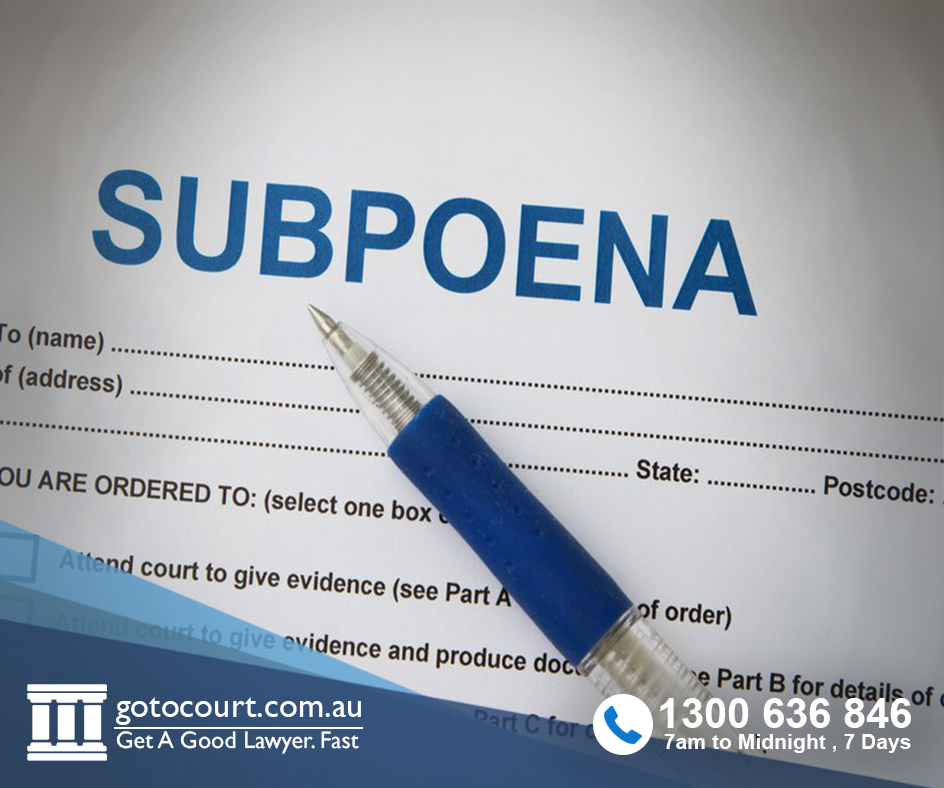Duty to Disclose in Family Law Matters
Duty to Disclose in Family Law Matters
In accordance with the Federal Circuit and Family Court’s pre-action procedures and the Federal Circuit and Family Court of Australia (Family Law) Rules 2021 , all parties to a family law dispute are required to make full and frank disclosure of information and documentation relevant to the matter. The duty to disclose in family law applies in both parenting matters and financial disputes.
The duty to disclose information relates to both paper and electronic documentation and/or information in your possession or control. The specific information required to be disclosed varies depending on whether the matter is a parenting or a financial matter and on the specifics of each individual case.
It is important that parties comply with their duty to provide full and frank disclosure. Disclosure can enable parties to adequately identify and even reduce the issues in dispute. During court proceedings, failure to provide disclosure or providing false or misleading information, can result in the court making final orders that are not fair, just or equitable or orders pertaining to parenting arrangements that are not in the best interest of the children.
What do I have the duty to disclose?
For financial matters, the duty to disclose relates to any information as to earnings, interests, property, or any other financial resources to which a party has access whether directly or indirectly.
This can include but is not limited to:
- Details of assets that you own or are in your possession including valuations or appraisals of these assets;
- Copies of Pay slips, Group Certificates and/or Centrelink statements;
- Copies of tax returns, estimates or assessments;
- Copies of statements from any of your bank, building society and/or credit union accounts;
- Copies of statements from any credit card/s and any loans;
- Superannuation statements; and
- Details or interests in any company and/or trust and supporting documentation.
Parties are also required to disclose information relating to the disposal of any assets, if the disposal occurred during the year prior to separation or since separation. This includes items sold, transferred, assigned or gifted as well as any items purchased with funds acquired from the disposal of the asset.
For parenting matters, the duty to disclose relates to any information relevant in considering the care and living arrangements for the children. This can include but is not limited to medical or expert reports, school reports, letters, photos, notes, drawings or any information relating to the care of the child or parenting capacity of the parties. There is an obligation on both parties to provide the court with information relating to family violence, police intervention or the intervention of any custody agencies.
The duty to disclose is not used to place an unnecessary burden on either party nor are parties required to provide everything that is requested of them. Parties can request that certain documents be exempt from disclosure on the basis of privilege or relevance to the dispute.
The extent of disclosure in both parenting and financial matters will be dependent on the individual circumstances of the specific case.
When do I disclose?
It is important to remember that the duty to disclose is ongoing throughout the dispute. Parties are required to provide timely, updated disclosure to the other party if additional information comes to hand or if circumstances change which could affect the proceedings.
The obligation only ceases when the court makes final orders or when parties reach an agreement.
How do I provide and receive disclosure?
The Federal Circuit and Family Court of Australia (Family Law) Rules 2021 provide for a number of ways to exchange disclosure and comply with your obligations in family law proceedings. Disclosure can be exchanged by way of:
- Production of documents;
- Inspection of documents;
- Copying of documents;
- List of documents;
- Orders for disclosure; and
- Answers to specific questions.
The most commonly used method for disclosure is for the parties to provide a list of documents for disclosure and the required documents being produced to the other party upon request. This can be undertaken by electronic means or in paper form.
Disclosure to the court
When initiating an application for financial matters in the FCFCA, parties are required to complete and sign a Form 13 Financial Statement. This Financial Statement includes information relating to your income, expenditure, assets and liabilities. Parties are required to affirm or swear the affidavit to outline that they are aware of their obligation to make full and frank disclosure to the parties and the court and that all the information in the form 13 is true to the best of their knowledge, information and belief.
Should the matter proceed to trial, parties are also required to file an undertaking acknowledging that they are aware of their duty to disclose all relevant matters pertaining to the dispute.
Consequences of non-disclosure
Failure to provide full and frank disclosure or providing a false undertaking as to disclosure can result in severe penalties. In the first instance, failure to disclose is likely to result in an order to comply with disclosure. Continued failure to disclose or providing false or misleading information can result in the court making orders to stay or dismiss the proceedings or for you to pay costs to the other party. Failure to provide full and frank disclosure may also lead to being found guilty of contempt of court for non-disclosure or for breaching an undertaking as to disclosure. The court could impose a fine or a term of imprisonment for contempt of court.
If parties provide false or misleading information relating to any of their finances, the court will deal with the situation using its discretion. Failure to disclose is likely to have adverse effects on the outcome of the case.
If you are commencing negotiations or court proceedings for a family law matter and are unsure as to the extent of your duty to disclose, please contact Go To Court Lawyers for advice.

Affordable Lawyers
Our Go To Court Lawyers will assist you in all areas of law. We specialise in providing legal advice urgently – at the time when you need it most. If you need a lawyer right now, today, we can help you – no matter where you are in Australia.How It Works




1. You speak directly to a lawyer
When you call the Go To Court Legal Hotline, you will be connected directly to a lawyer, every time.

2. Get your legal situation assessed
We determine the best way forward in your legal matter, free of charge. If you want to go ahead and book a face-to-face appointment, we will connect you with a specialist in your local area.

3. We arrange everything as needed
If you want to go ahead and book a fact-to-face appointment, we will connect you with a specialist in your local area no matter where you are and even at very short notice.


















